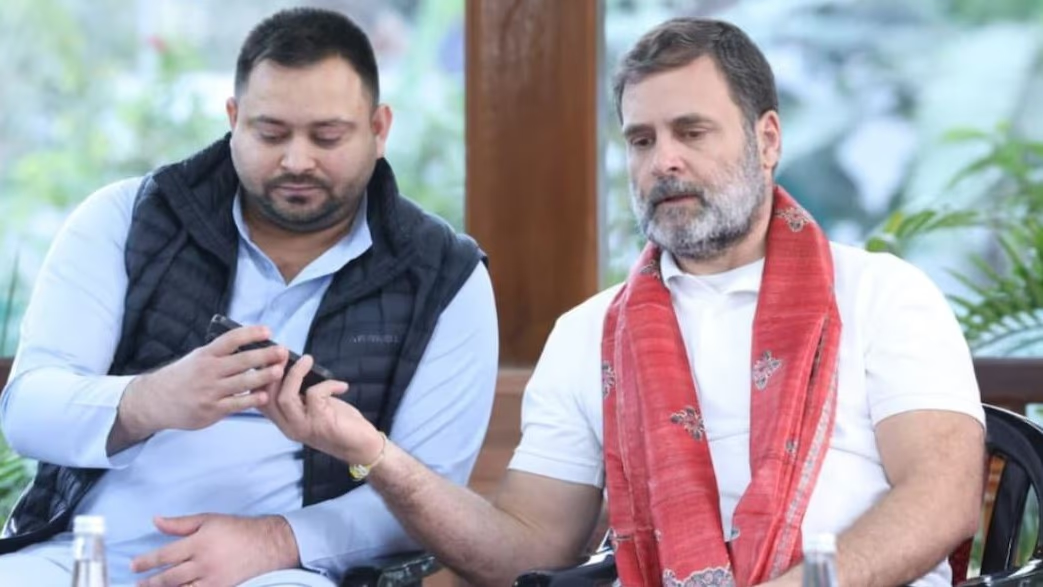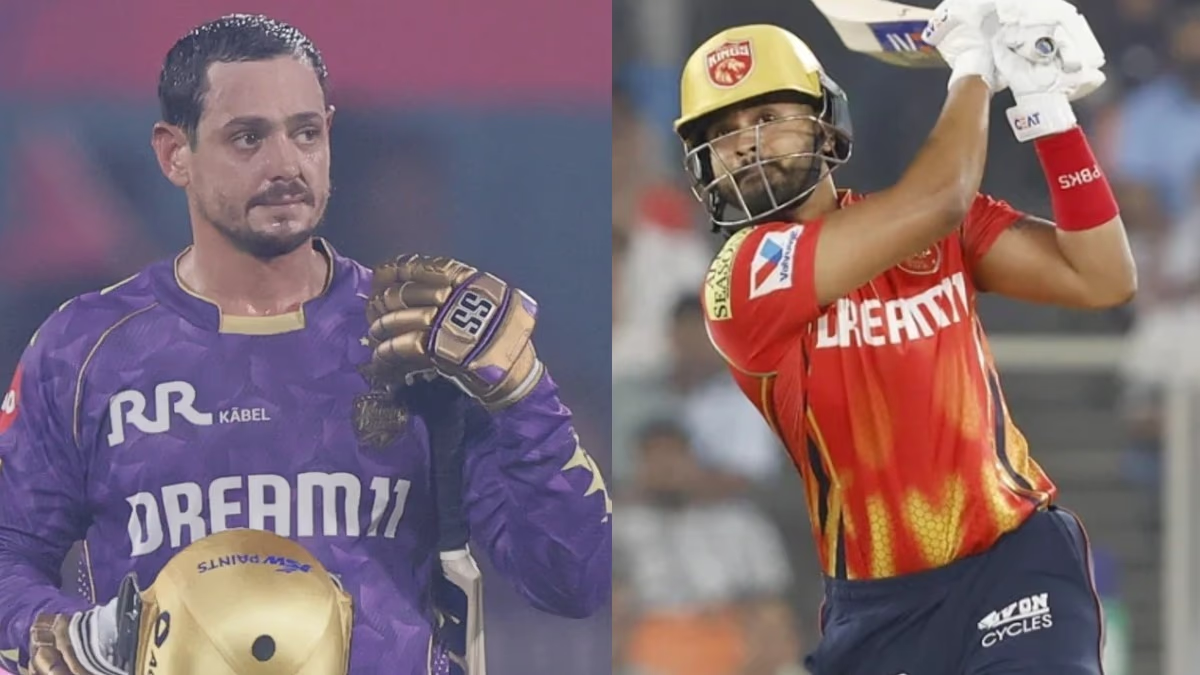With six months left for the Bihar Assembly Elections, political parties are in full swing preparing for the contest. The ruling NDA coalition has already held joint conferences across all districts in support of Nitish Kumar's government, while opposition leader Tejashwi Yadav has also been holding communication programs with his supporters in every district.
After the shift in leadership, Congress is eager to strengthen its organization and rekindle its traditional vote bank. In the wake of the Lok Sabha elections, the BJP aggressively endorses Nitish Kumar's leadership from the center to the state level. At every opportunity, they're committed to forming the government under his leadership after the elections.
Contrastingly, the Grand Alliance led by RJD with Tejashwi’s slogan is advancing confidently. While left parties support RJD's stance, Congress’s approach seems to have altered. So far, Congress has not openly endorsed Tejashwi Yadav's Chief Ministerial candidacy.
Congress's Strategy on Tejashwi
RJD championing Tejashwi for CM candidature is simply because he stands as the sole opposition alternative to Nitish Kumar. Post the 2020 elections, where Tejashwi narrowly missed clinching power, RJD is confident about forming a government under his leadership this time. However, Congress’s reluctance to project him as the face of the Grand Alliance disrupts RJD's plans.
Krishna Allavaru, the new Congress in-charge in Bihar, has emphasized that any decision concerning Tejashwi Yadav’s candidacy will be reached unanimously within the coalition. The decision to project a CM face isn't compulsory and will be deliberated among all alliance partners. Notably, this statement followed a significant meeting in Delhi involving Mallikarjun Kharge and Rahul Gandhi, sparking political conjecture.
Why Reluctance Towards Tejashwi?
A crucial meeting unfolded in Delhi deliberating on strategies for the Bihar assembly elections, attended by Congress stalwarts including Mallikarjun Kharge and Rahul Gandhi. The discussion naturally revolved around electoral strategies and led to the statement about Tejashwi Yadav’s candidacy by Bihar Congress in-charge immediately after the meeting.
Insiders reveal that while it was agreed that the elections must be contested in alliance with RJD, they might aim to maintain the Grand Alliance semblance which could disadvantage NDA and BJP. The reluctance towards declaring a CM face is perceived as Congress wanting to regain its old vote base among the upper castes and Dalits, thus preparing to strengthen those connections before announcing any candidacy.
Historically, the upper caste and Dalit electorate formed an essential part of Congress’s strength in Bihar. Congress's current strategy seems focused on reinforcing this demographic, which may explain hesitation toward endorsing Tejashwi, whose RJD legacy associates with the Muslim-Yadav (MY) alliance.
Limits to RJD’s Popularity?
Despite Tejashwi's outreach attempts, RJD hasn’t historically been favored by the upper caste bloc. Ground realities also show that Dalit-Yadav relations don’t provide a solid support base for RJD. Congress might fear losing potential upper caste and Dalit support if it endorses Tejashwi outright.
Krishna Allavaru's comments reflect a strategy—prioritizing electoral victory before deciding on a CM candidate. Congress's goal potentially is to attract new voters without prematurely revealing their alliance game plan.
Negotiations Over Seats
Another reason for Congress’s reticence may involve seat-sharing negotiations. The alliance is already facing tensions with seat distribution even with elections six months away. Congress's ambiguity around Tejashwi’s candidacy could be a tactic to negotiate a larger stake in the coalition.
In the previous elections, Congress had contested 70 seats with RJD—winning only 19. This performance embarrassed RJD, resulting in understandable apprehension towards repeating the same mistakes. Tejashwi seems inclined towards including left factions and Mukesh Sahni in the coalition, possibly reducing seats available for Congress.
The Future of Tejashwi's Government Dream
With the elections shaping into a contest between two major alliances, the question looms whether RJD can maintain its “Tejashwi-led government” vision amid Congress’s current standpoint. Critical questions persist about the ‘face’ of the Grand Alliance if not Tejashwi.
As negotiations progress regarding seat distribution and the alliance’s public persona, these questions may find answers. Currently, through strategic ambiguity regarding Tejashwi, Congress seems to be expanding its electoral influence within the Grand Alliance.




